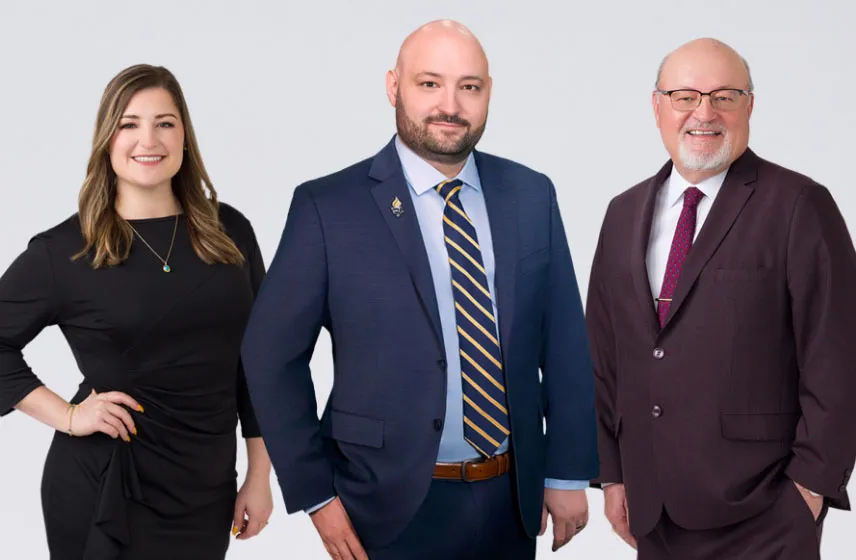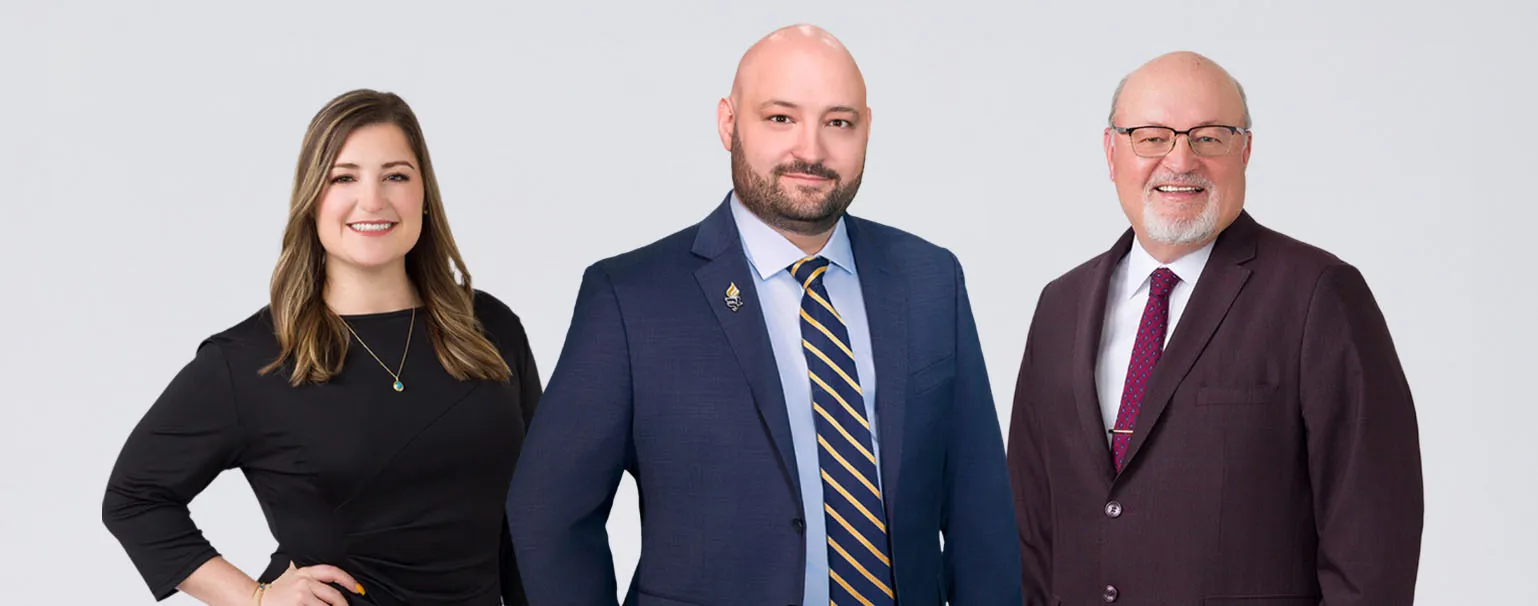A car accident completely disrupts the accident victim’s life, especially if it causes serious injuries as well as property damage to a vehicle.
Often, the distress during the aftermath of an accident includes repairing or replacing a damaged vehicle. Car accident survivors face the question of knowing what to do with their damaged car or truck.
When does an at-fault driver’s insurance cover a vehicle replacement rather than repairs? How do you know if your damaged vehicle is considered totaled after an accident?
A Henderson car accident attorney can assess your case and advocate for your best interests.
Is My Car a Total Loss?
Nevada has a fault-based insurance system that allows car accident victims to recover compensation for their damages from the party responsible for the accident.
If you caused a car accident and only have the state’s minimum required insurance coverage, your insurance only covers the other driver’s damages.
If the other driver caused the accident, you can recover compensation for your property damage, medical expenses, lost wages, and pain and suffering up to the limits of the at-fault party’s policy.
But when will insurance pay to replace the damaged vehicle rather than for repairs?
Under Nevada § 487.790, the law describes a totaled vehicle as the following:
“A motor vehicle …which has been wrecked, destroyed or otherwise damaged to such an extent that the cost of repair is 65 percent or more of the fair market value of the vehicle immediately before it was wrecked, destroyed or otherwise damaged…”
It’s important to note that the insurance will not pay you the same purchase price you paid when bought the car but the fair market value of the car right before the accident, which is significantly less since a car’s value declines once it’s driven.
According to industry standards, a vehicle’s value is lower by 20% in the first year of use and an additional 10% per year of driving.
How Do I Know If the Insurance Company’s Settlement Offer for My Totaled Car Is Fair?
It’s important to check the value of your vehicle to ensure that an insurance company’s offered payment is fair.
If the cost of repairing your damaged vehicle exceeds the value of the car or truck before the crash by more than 65%, the insurance company should pay you what your car was worth before the crash. A claim adjuster also examines the car to estimate its value before the accident.
Ultimately, you may receive less than the remaining amount on your car’s loan agreement due to the car’s depreciated value.
For this reason, some people choose to add “gap insurance” to their coverage. This optional insurance pays the bank the remainder of the car loan or the difference between what the crash victim still owes the bank and the amount they recovered for their totaled vehicle.
What Happens After I Accept an Offer From the Insurance Company for My Totaled Car?
Once you’ve accepted an insurance company’s offer for your totaled vehicle, they take possession of it, requiring you to sign a salvage title for the vehicle over to them. The insurance company typically then sells it to a salvage company for scrap.
Alternatively, some car owners choose to keep their totaled vehicle rather than scrap it. In this case, the insurance company deducts the amount of the car’s salvage value from your settlement payment for the totaled vehicle because they lose this revenue if you keep the car.
You must still obtain a salvage title for a totaled vehicle so you aren’t required to pay insurance for a car you can no longer drive.
If you’re unsure whether the insurance company’s offer is fair, consulting with a Henderson personal injury lawyer at Bay Law Injury Attorneys can help you evaluate your settlement options and ensure you’re receiving full compensation for your losses.




